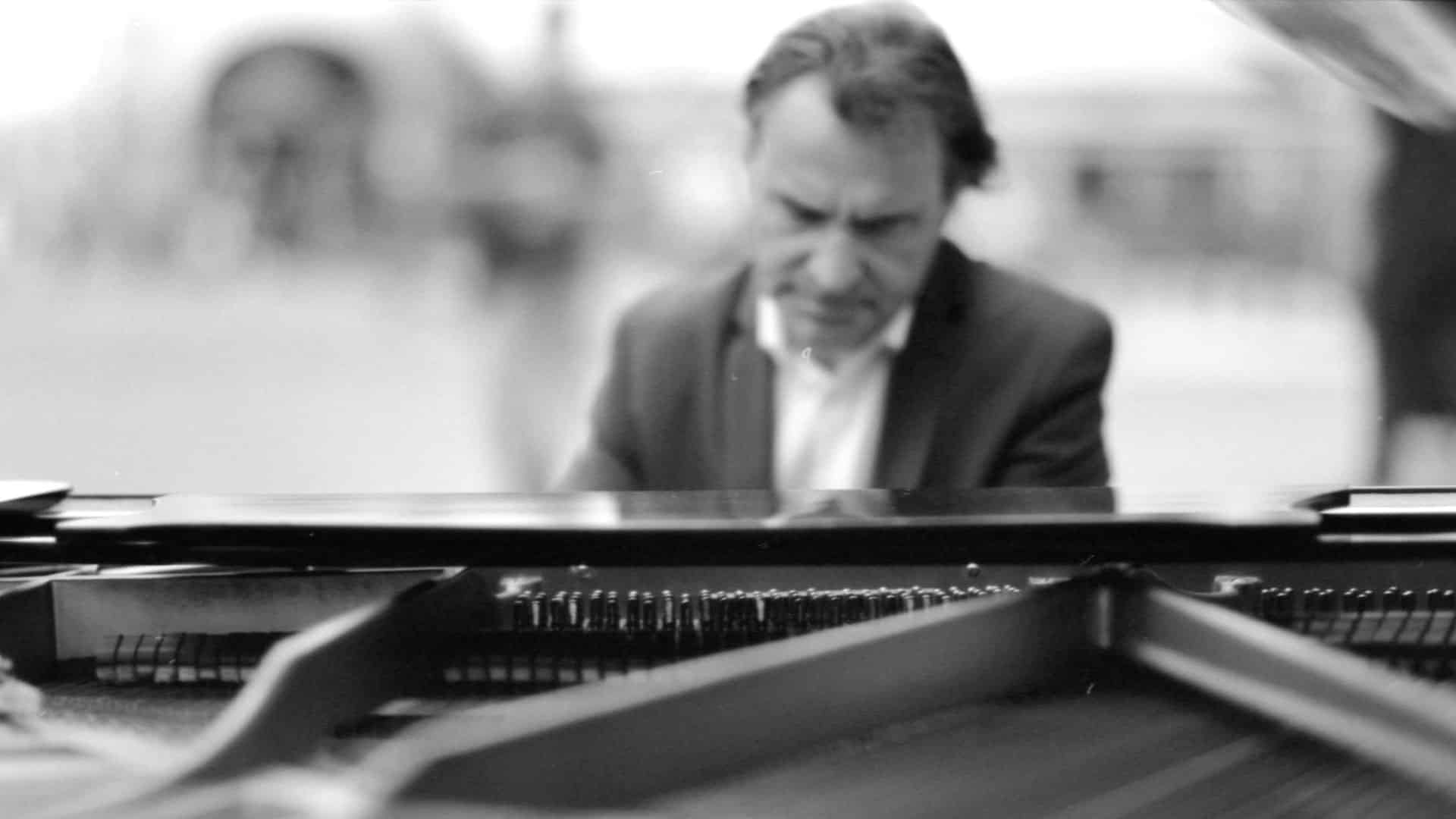
“I take lessons every week, so do I really have to practice piano between lessons?” It sounds like such an odd question, but surprisingly one that we hear often. The short answer is yes, practice is critical if you’re committed to learning the skills and techniques needed to master the piano. To do anything well takes practice. Dancers spend hours every week working on their dance routines; athletes spend hours practicing their sport; and musicians need to spend hours practicing their craft. In fact, practice triggers as much learning as lessons.
In piano lessons, new concepts, skills and techniques are introduced for the first time. With practice, those new skills and techniques are practiced over and over. Time is needed to further develop the skills and technique learned in class. Practicing creates an excellent opportunity to test out those new skills in a safe, non-judgmental environment. You’ll be able to make mistakes and have time to analyze and correct them.
The repetition that comes with practicing a piece of music multiple times creates muscle memory. As you practice piano, your movements become programmed in your brain as if on autopilot. Just like how you can ride a bike without thinking about it, you’ll no longer have to think about the complexities of the piece of music you’re playing once muscle memory kicks in. Thus, experienced pianists perform without thinking. Repetition creates familiarity and leads to confidence.
New Skills Develop Over Time
When young students first learn to play piano, practice will build much needed strength in their fingers. Initially finger joints may lack rigidity to follow through correctly on keystrokes. It takes time to develop the touch or pressure needed for the keys, keeping hands relaxed, with curved fingers and using only fingertips. With proper practice, these piano skills become second nature.
Coordination is also improved when students practice piano. Pianists often need to do different actions on the left and right hand simultaneously. For example, while our right hand might play legato (long and continuous notes), our left hand may need to play staccato (detached, separated notes). On more advanced levels, different sound levels may be required by the left and right hands (left hand plays softer while the right hand plays louder). The coordination needed to accomplish two disparate activities simultaneously improves as you practice piano.
Sight reading ability is also greatly improved with practice. Being able to take a piece of music you have never seen before and be able to play it upon first sight only comes by mastering the skill of sight reading. As students are exposed to a variety of music, their ability to learn new pieces of music becomes easier as they can quickly identify notes, dynamic signs, key signatures and other music details. Having a clear understanding of musical notation, theory and music score is essential to strong sight reading, and only comes with time and practice. Students who don’t practice the piano often struggle to read notes, taking time and attention away from their piano performance.
How to Practice Piano Productively
As you practice piano, keep in mind the goal is not to get through practice quickly, but to carefully focus on developing skills that are only possible over time with regular practice. How quickly you master the piano will depend on how much you practice. Procrastinating or having extended time between practices will slow learning as you will spend time relearning what you have forgotten.
Set up daily goals for your practice. What do you want to accomplish? If your goal is to master a certain section or technique, your reward will be to accomplish that goal. Mastering your goal should be your motivation.
How much time should you allot to piano practice per day or week? The answer depends on the time available but in general 10-30 minutes a day for adult beginning students and a minimum of an hour for advanced adult students is ideal. Children have shorter attention spans than adults, so breaking up their practice sessions can be more productive. For these younger students, 10-15-minute sessions a few times a day is a better option. Long marathon practice sessions can lead to frustration and cramped fingers. Frustration interferes with the learning of essential skills, and fills the practice time with negativity, so keep piano practice short and positive.
More Piano Practicing Tips
- Establish a routine. Knowing you have a set time to practice each day will make practice seem like part of your everyday life.
- End your practice on a positive note. Tackle the more challenging musical pieces first, and end playing an easier exercise.
- Minimize distractions during practice time. Turn off the TV or other extraneous noise so you can focus while you practice piano.
- Don’t stop practicing a piece once you’ve made it through the entire piece once or twice. Play it over and over – remember your muscle memory needs practice too.
Taking the time to practice between piano lessons will sharpen your skills, refine your technique and make you a better all-around musician. Spend time focused on your music exercises and you’ll be amazed at how much you’ll improve when you take the time to practice piano.
